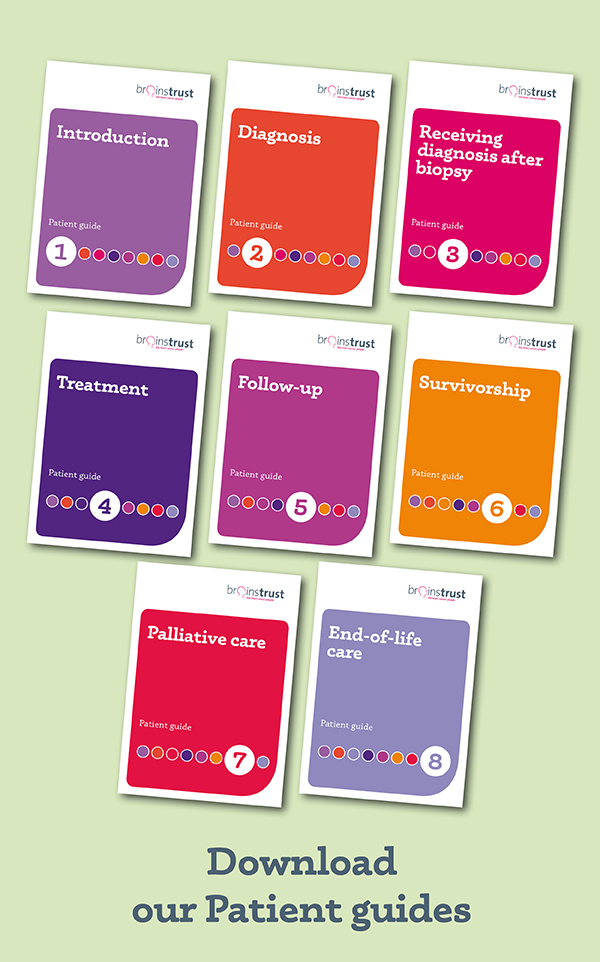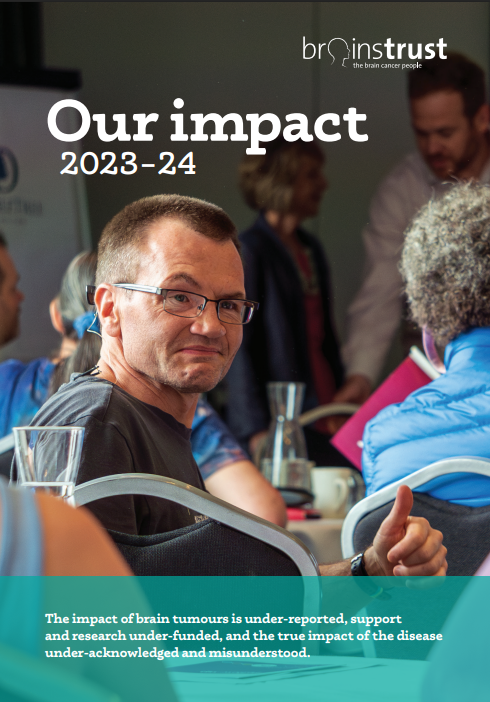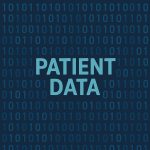Recovering from surgery
On this page you will find information about what to expect following neurosurgery and what will be involved in recovering from brain surgery.
What happens after surgery?
Following neurosurgery, you will firstly be transferred to the recovery area for a short time, then to the neurosurgery wards where observations will be performed regularly. This will include: an assessment of your conscious level such as asking you to follow simple commands, opening your eyes and answering questions. Examination of your pupil responses, tests of your limb strength and checks on your pulse, blood pressure and respirations.
It is likely that you will have anti-thrombotic stockings (TEDS) on and a drip in your arm and you may have a head bandage and occasionally a catheter in your bladder. Operations on the head are not particularly painful but you will be given some tablets or injections for the headaches and if you feel nausea you will be given drugs to relieve this symptom. You will often be given steroids to prevent swelling (in a slowly reducing dose) and sometimes anti-epileptic drugs to prevent fits in the early post-operative period. You can eat, drink and move as soon as you feel able to.
If you have had an awake craniotomy, your post-operative recovery is generally much quicker as you will not have had a general anaesthetic. You will be able to eat, drink and move as soon as you feel able and may be discharged on the same day as your operation or the following day. For other types of neurosurgery, you should be discharged and go home as soon as you are fully self-caring and comfortable. How long you will need to stay in hospital will depend on the type of neurosurgery you have had, whether any further treatment is required and what support you may need.
What happens after I am discharged from hospital?
Neurosurgery is a major operation, and it will take you at least a few weeks to recover fully. For the first couple of weeks, you may experience some headaches that you should be able to control with simple painkillers that you will be given. You will feel more tired than usual and will need plenty of rest. If you have been prescribed steroids, the dose will be slowly reduced in due course, and if you have not had any fits your anticonvulsants will be stopped, as directed by your surgeon.
Within a week of having your surgery, your surgeon will arrange an appointment with you to discuss the results of the biopsies sent from your operation. Your surgeon will also explain to you any plans for further treatment and follow-up. It is also at this time that the staples can be removed from your wound. .
You can find more information and guidance in our Know How which you can download here.
Driving after brain surgery
You will not be able to drive for a time determined by your symptoms, diagnosis and treatment. You should inform the DVLA of your diagnosis. This can be done by completing Form B1 which you can download here.
Because of the small risk of a seizure, you should also avoid any other activities that may put you at risk if you were to suffer a brief loss of consciousness, such as climbing ladders, operating certain machinery or swimming unsupervised.
You can find out more about driving when you have a brain tumour diagnosis in our Know How.
What should I tell my doctor about after surgery?
You should tell your doctor about:
- headaches that are progressively worsening
- seizures
- fever
- wound problems (increasing pain, swelling, discharge)
- development of new or worsening symptoms (weakness, numbness, etc)
- increasing drowsiness
- rash
If you are at home you could discuss your symptoms with your GP, call your neuro-oncology specialist nurse (if you have one) or contact your surgeon and his team at the hospital.
Did this information make you feel more resourced, more confident or more in control?
Date published: 17-05-2009
Last edited: 05-2025
Due for review: 05-2028












